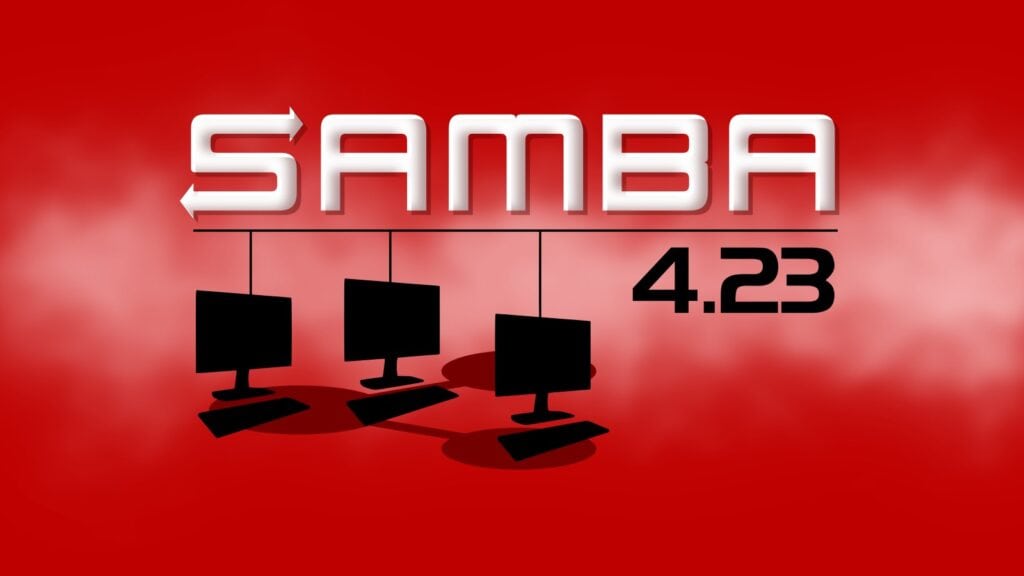Six months after its previous 4.22 release, Samba, the renowned open-source software suite that facilitates file sharing and printing services across various operating systems, including Windows and Unix, has released its latest version, Samba 4.23.
The main highlight – SMB3 Unix Extensions are now enabled by default. That means Linux and UNIX clients gain proper POSIX semantics—things like correct permission handling, symlinks, hardlinks, and special file types—without extra configuration. Windows clients that don’t support these extensions will continue to work normally.
Another major change is support for SMB3 over QUIC. Admins can now configure Samba to use QUIC as a transport option alongside TCP. On the server side, this requires the quic.ko kernel module from the lxin/quic project, tested against Linux 6.14.
On the client side, there’s a fallback to the userspace ngtcp2 library if the kernel module isn’t present. This setup provides more flexibility in secure file transport.
Samba 4.23 also updates how file timestamps are handled. Instead of the older delayed-write behavior, Samba now applies immediate timestamp updates to match modern Windows 10 and Windows Server 2016 systems.
For monitoring, the new smb_prometheus_endpoint exports metrics in Prometheus-compatible format, making it simple to hook Samba into Prometheus and Grafana setups. Administrators can now track performance and server health in real time.
On the management side, the samba-tool domain backup command adds a --no-secrets option that avoids storing confidential attributes like BitLocker recovery data and TPM information, making backups safer for lab or test domains.
CTDB has also been updated with support for loading tunables from /etc/ctdb/tunables.d/, giving vendors and admins more flexibility in shipping or overriding cluster settings. In addition, Samba now supports per-share profiling stats, allowing detailed activity monitoring for individual shares when profiling is enabled.
Finally, the release also rolls in multiple bug fixes since the earlier release candidates, including issues with macOS Finder DFS, self-signed certificate handling, and AD domain joins.
Users looking to upgrade to Samba 4.23 should read the release notes carefully to ensure a smooth transition.
